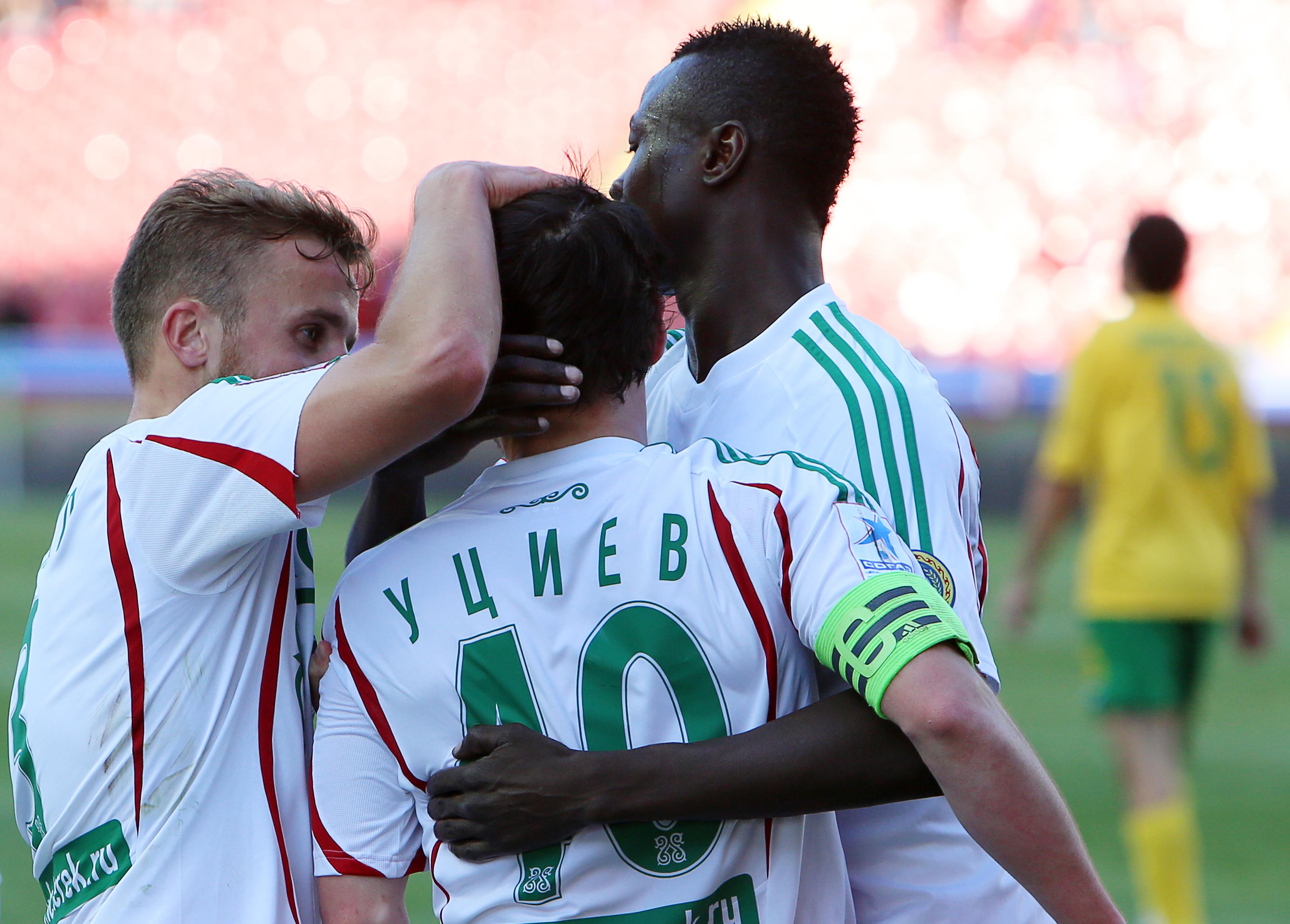When the two brothers who are presumed responsible for the Boston Marathon bombings were first identified as ethnic (Chechen) Russians, the first thing I did was examine the VKontakte, or VK, account for the younger brother, Dzhokhar Tsarnaev. VK is often called “the Russian Facebook” and with good reason: Its purpose, utility, and even its graphic user interface make it seem like an exact copy of the better-known American social networking site. I was keen to see whether his VK account would shed any light on the question we are all asking: Why? When news media interviewed his friends from high school and college, they all described him as funny, sweet, outgoing, a kid who fit in easily.
Dzhokhar’s VK page overall supported what people who knew him in Boston were saying: While he identified his faith as “Islam” and made some posts that were certainly pro-Islamic and pro-Chechen independence, his comments and those of friends (prior to his identification as a bombing suspect, when his wall flooded with comments) were rather mundane, focused on typical teen male interests like soccer and pop music—rather like his Twitter feed. If he seemed to have one overriding interest, it was in the Chechen soccer team, FC Terek Grozny.
Yet online, there was a clear sense of identity: He may have not talked to his American friends about the nuances of being an ethnic Chechen, but he clearly identified as Chechen on VK. Many of his friends and people who posted to his wall were Chechen, and he listed Chechen as one of his languages, even posting in it now and then. He also had a sense of humor, often directed at his ethnicity, as with this joke he posted: “A car goes by with a Chechen, a Dagestani and an Ingush inside. Question: who is driving?” Answer: “The police.”
While English, Russian, and Ukrainian are the official languages of the service, others—Chechen included—can be used. This democratic approach is pragmatic when dealing with a large and diverse user-base, but still, it’s a stark contrast to how in Soviet times, even speaking Chechen was discouraged by authorities. VK is popular within the former Soviet realm itself, but perhaps more importantly, it has been a godsend to youth who have immigrated elsewhere in the world, allowing them to remain in touch with their friends and make new friends back in the old country. Just by logging on, Dzhokhar could pay a visit to Chechnya, the homeland he never lived in.
Plenty of Russian youth use Facebook, but VK should not be seen just as a Facebook clone: It developed fully on its own and supports more robust file-sharing than Facebook, including torrents, which seems to be a tip of the hat to Russia’s tacit approval of pirated music and films. Perhaps more than anything, VK has developed as part of the cultural identity of young Russians: When there was talk that Facebook might actually wish to buy the service, VK lit up with a chorus of concern from users concerned about American cultural imperialism. For youth like Dzhokhar, however, the greatest advantage to VK and its cultural basis is that it allowed him to become part of a sociocultural identity he was otherwise very divorced from living in America. Boston has a Russian community, but it and the States in general are home to a very small Chechen population. Dzhokhar was to his American friends from Russia, but within the arena of VK he could be fully Chechen.
A world away can be manifest in virtual form via social networking, but how accurate is that representation? Just as with Facebook, there is a filter bubble effect: The views, ideas, and even news provided would be predicated on who your friends are, what sites and interests you’ve “liked.” On my own VK page, I follow Russian streetwear, soccer, politics, and skateboarding, but not Russian hockey, which is very popular. More than once, something major has happened in hockey that I only hear about days later.
Whatever Chechnya Dzhokhar came to know through VK was not wholly representative of the region. The majority of ethnic Chechen youth of Dzhokhar’s generation will probably harbor anti-Russian views and have especially negative thoughts about United Russia, Vladimir Putin’s ruling party, which has taken a hard stance against Chechen independence. However, very few will advocate terrorism or violence.
Anyone in their teens or 20s who lives in Chechnya has seen the destruction of war and probably lost an uncle or cousin to the war. However, Chechnya is a decently stable place today: Regular airline flights come and go, soccer matches are held, new construction is undertaken. Life goes on, just as it did in Kosovo after that war. Part of the anti-Russian views on the part of young Chechens are probably a combination of the legacy of war and simply being young and angry. I can remember American friends in college after 9/11 saying we should nuke all of the Middle East: That’s young angry males for you, regardless of nation or background. But having grown up surrounded by such violence, it’s not an obscure ideal or video game fantasy—they’re not as likely to act on their anger.
Those who grew up outside of the region, though, may be captivated by a romanticized extremism and maybe more inclined to actually carry something out. While his uncle famously stated on television that the brothers’ actions and views do not represent those of their family or of most Chechens, it’s possible that Dzhokhar himself believed otherwise on the latter point.
Read more on Slate about the Boston Marathon bombing.
